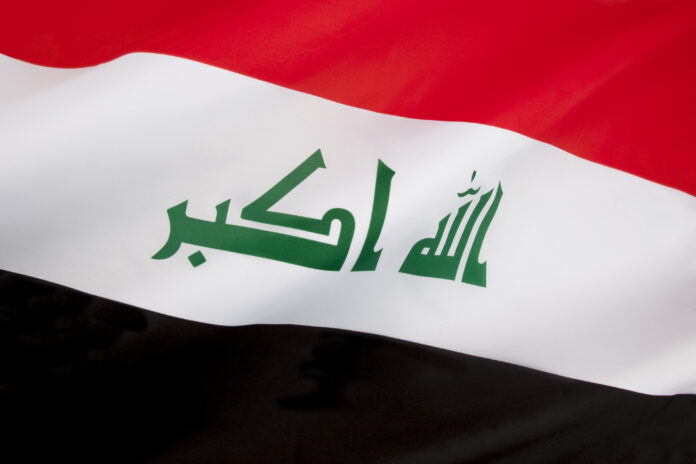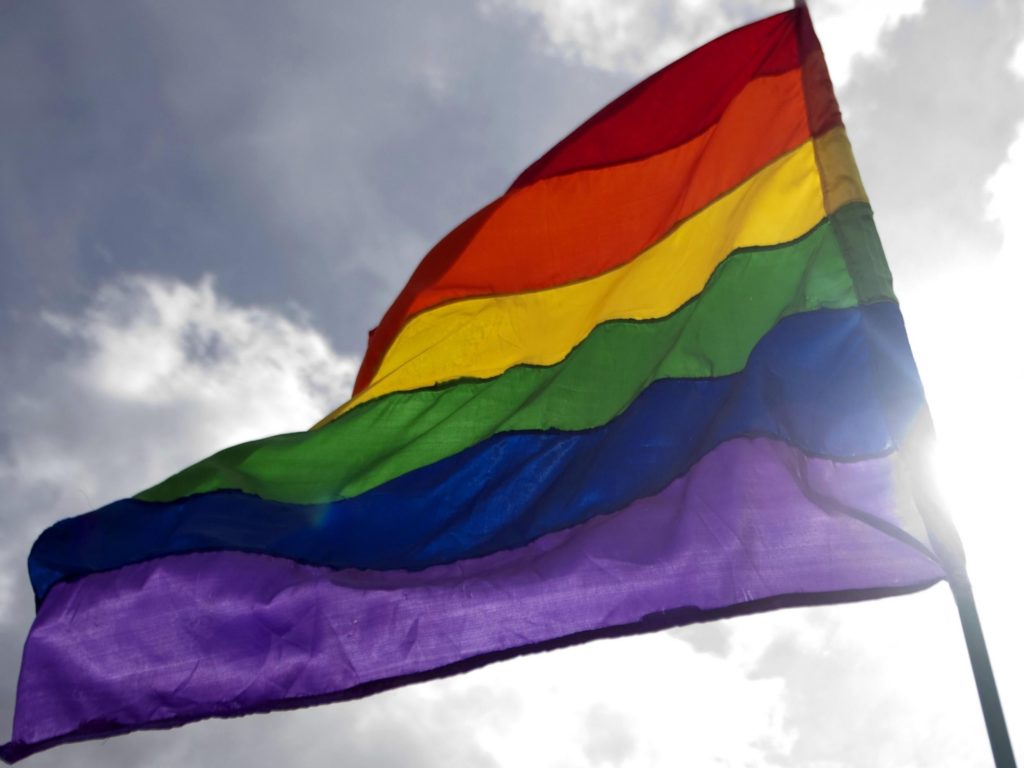A proposed new law currently before the Iraqi Parliament is advocating the death penalty for same-sex conduct and imprisonment for transgender expression.
Earlier this month, Raad Al-Maliki, an independent Member of Parliament, introduced a bill that would amend the “Law on Combatting Prostitution” of 1988, to explicitly make same-sex relations and transgender expression a criminal offence.
If passed, the bill would punish same-sex relations with the death penalty or life in prison, punish “promoting homosexuality” with a minimum seven years in prison and a fine, and criminalise “imitating women” with up to a three-year sentence.
Al-Maliki said the bill’s purpose is to “preserve the entity of the Iraqi society from deviation and calls for ‘paraphilia’ [abnormal sexual impulses] that have invaded the world.”
The bill equates same-sex relations with “sexual perversion,” which it defines as “repeated sexual relations between members of the same sex… if occurring more than three times.”
It also provides for seven years in prison and a fine between 10 million Iraqi dinars ($7,700) and 15 million dinars ($11,500) for “promoting homosexuality,” which is undefined.
The bill specifically targets transgender women, with a prison term between one and three years or with a fine between 5 million dinars ($3,800) and 10 million dinars ($7,700) for anyone who “imitates women.” The law defines “imitating women” as “wearing makeup and women’s clothing” or “appearing as women” in public spaces.
Subscribe to our newsletter and stay updated on the latest news and updates from around the Muslim world!
The bill also prohibits hormone replacement therapy and what it calls “sex change” based on personal desire, as well as any attempt to change one’s gender identity, punishable by prison terms between one and three years.
The same penalty applies to any surgeon or other doctor who performs “gender-affirming” surgery. But the law makes an intersex exception for cases that require a surgical intervention to confirm biological sex, based on the binary categories of male and female.
Iraqi authorities seem determined to combat the LGBTQ movement based on recent governmental directives.
On August 8, the Iraqi Communications and Media Commission issued a directive ordering all media outlets to replace the term “homosexuality” with “sexual deviance” in their published and broadcast language and banning use of the term “gender.”
On May 31, a court in the Kurdistan region of Iraq ordered the closure of the Rasan Organisation in the Kurdistan Region over “its activities in the field of homosexuality.”
And in September 2022, members of the Kurdistan regional parliament introduced the “Bill on the Prohibition of Promoting Homosexuality,” which would punish any individual or group that advocates for the rights of LGBT people.
Homosexuality is currently not explicitly mentioned in Iraqi law, but it’s generally understood to be illegal under a broad interpretation of Islamic law.
Same-sex sexual activity can be prosecuted under various statutes related to public morality or decency, and it can lead to severe punishments, including imprisonment or even death.
Gender identity and expression that deviate from traditional norms can also result in societal disapproval and legal issues. There are no explicit protections for transgender individuals, and they may face obstacles accessing healthcare, education, and employment. Changing one’s legal gender marker can be a complex and difficult process.
Western human rights organisations have already voiced their disapproval about the proposed Iraqi law.
“Iraq’s proposed anti-LGBT law would threaten the lives of Iraqis already facing a hostile environment for LGBT people,” said Rasha Younes, senior LGBT rights researcher at Human Rights Watch. “Iraqi lawmakers are sending an appalling message to LGBT people that their speech is criminal and their lives are expendable.”
SOURCE: HUMAN RIGHTS WATCH and IRAQI PARLIAMENT
























